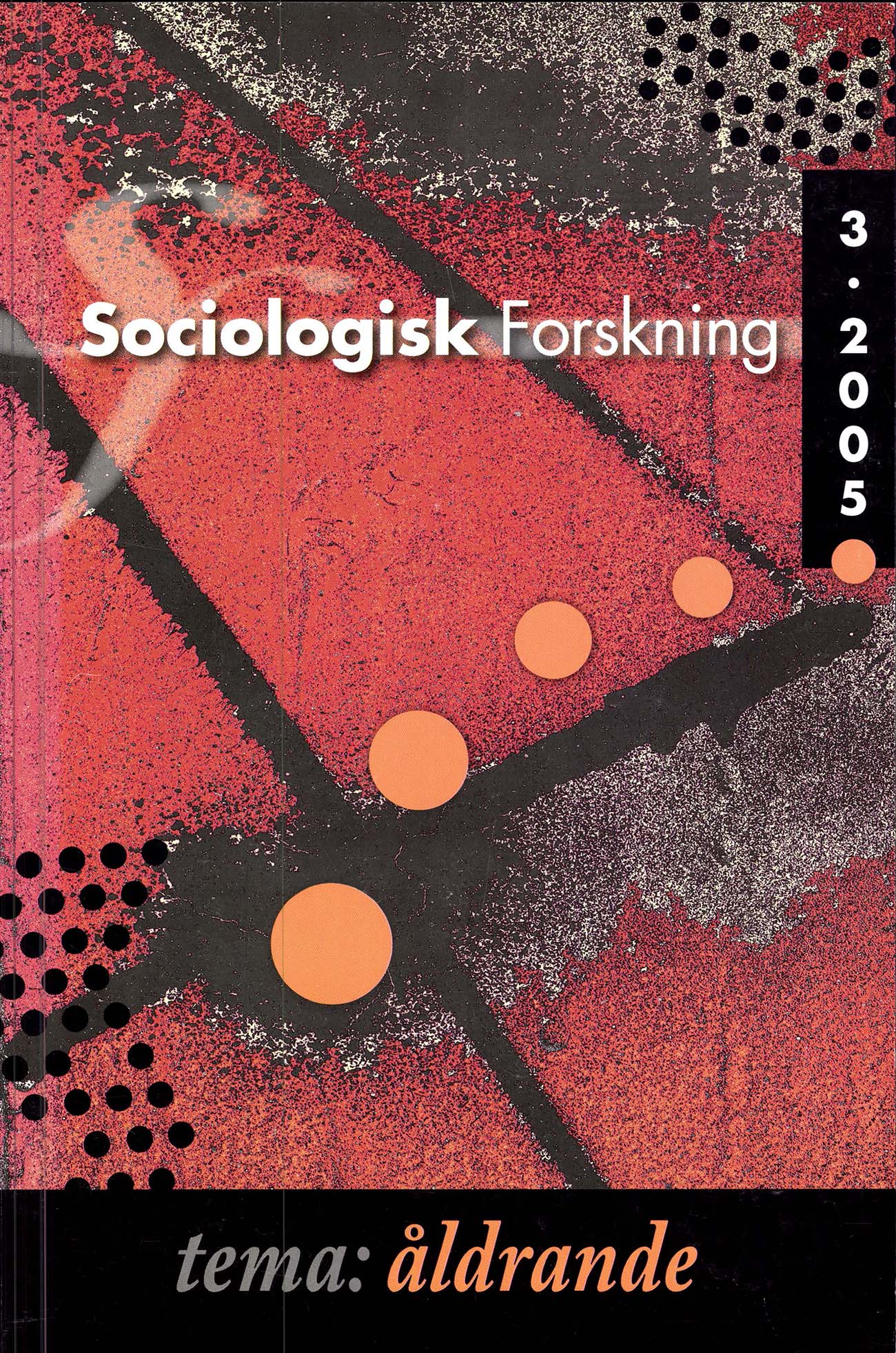Genealogi og socialpolitik - Foucault kontra marxistisk historieskrivning om socialpolitikkens opkomst
DOI:
https://doi.org/10.37062/sf.42.19343Keywords:
genealogy, governmentality, Foucault, social policy, marxist historyAbstract
During recent years there has been a growing interest in the work of Michel Foucault and his way of doing historical sociology, in particular among young researchers and students. So far, however, discussions about the specific characteristics of this method have only been at a preliminary stage in the Scandinavian context. This article begins this debate by seeking to define the characteristics of genealogical method as it was practiced by Foucault and developed by his interlocutors. In particular, the article emphasizes how genealogy differs from other types of dominant historical-sociological analysis. In the first part of the article the genealogical method is described both by drawing upon Foucault himself and by drawing upon the more recent governmentality literature. In the second part, genealogy is contrasted by an influential historical-sociological tradition, namely marxist social history. This section points out a number of weaknesses and ‘blind spots’ pertaining to this approach and suggests how genealogy might offer a fruitful alternative. In the last part of the article the genealogical method is sought illustrated by means of a short empirical example, that is, a description of the 'conditions of possibility’ for the emergence of modern social policy.
Downloads
Published
How to Cite
Issue
Section
License
All content in Sociologisk Forskning is published with immediate open access, under the Creative Commons license CC BY-NC-ND 4.0.
All content may be read, downloaded, shared and printed for non-commercial purposes, free and without fees. Contents may not be altered. When content is reused, author, source and a link to the copyright licence must be provided. The author retains copyright to their content. No publication fees are charged.





